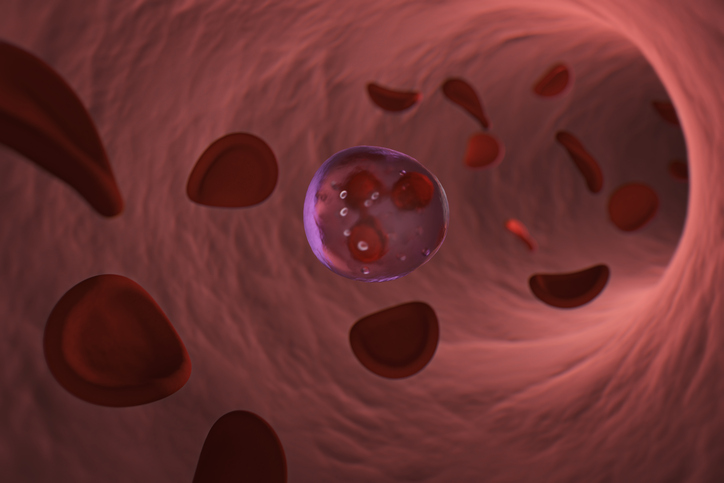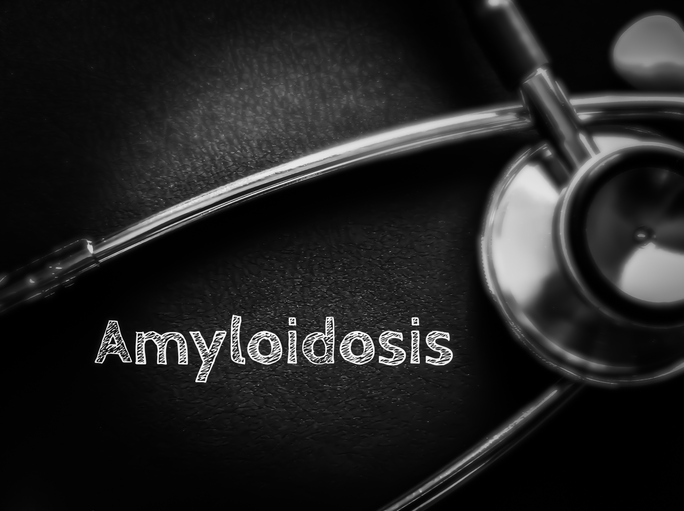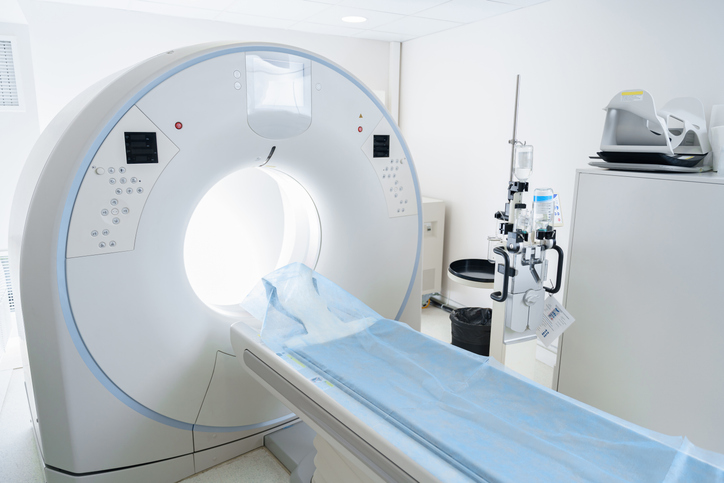
Bother mothers- and fathers-to-be should avoid consuming alcohol both prior to and during conception periods to minimize the risk that offspring are born with congenital heart disease (CHD), a new meta-analysis indicates.
The results from the observational study, published in the European Journal of Preventive Cardiology, was an updated systematic review and meta-analysis. Previous studies of the link between alcohol and CHDs have not focused on parental alcohol consumption. The objective of the study, according to the authors, “was to provide updated evidence to assess the association between parental alcohol consumption and the risk of total CHDs and specific CHD phenotypes in offspring, and explore the possible dose–response pattern.”
The study included 55 studies involving 41,747 cases of CHD (and 297,587 controls), in which data on the alcohol consumption of parents was noted. The databases drawn upon included PudMed, Embase, and Chinese databases searched with an end-date parameter of July 2019 that met pre-specified inclusion criteria. The authors used a random effects model to calculate overall combined risk estimates, and the also performed a meta-analysis of the dose-response relationship. Potential heterogeneity moderators were explored with subgroup analysis, sensitivity analysis and Galbraith plot.
The maternal (OR=1.16; 95% CI, 1.05 to 1.27) and paternal (OR=1.44; 95% CI, 1.19 to 1.74) alcohol exposures were both significantly associated with an increased risk for total CHDs in offspring. The researchers also reported a non-linear dose-response relationship between parental alcohol exposure and the risk for offspring CHDs, which gradually increased. Also observed was a statistically significant link between maternal alcohol consumption and risk for tetralogy of fallot (OR=1.20; 95% CI, 1.08 to 1.33). The results were consistent after subgroup and sensitivity analyses.
“The underlying mechanisms connecting parental alcohol and CHDs are uncertain and warrant further research,” study author Dr. Jiabi Qin, of Xiangya School of Public Health, Central South University, Changsha, China, said in a press release. “Although our analysis has limitations (for example, the type of alcohol was not recorded), it does indicate that men and women planning a family should give up alcohol.”







 © 2025 Mashup Media, LLC, a Formedics Property. All Rights Reserved.
© 2025 Mashup Media, LLC, a Formedics Property. All Rights Reserved.